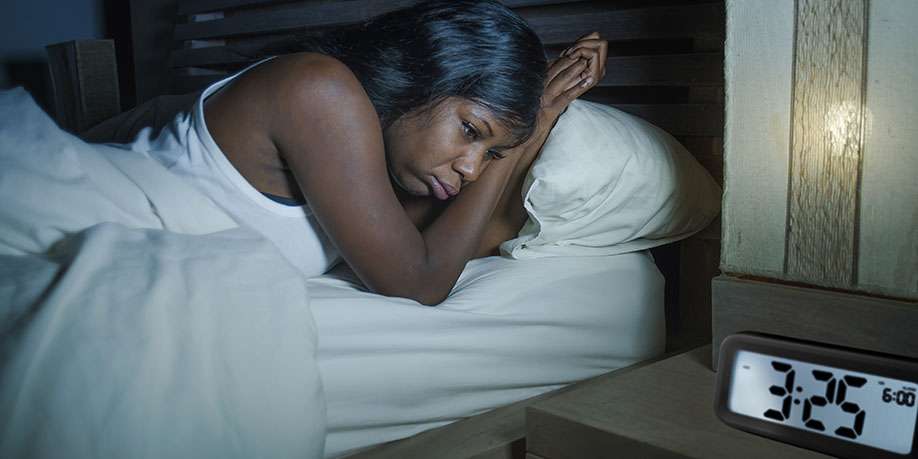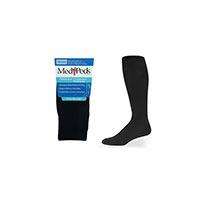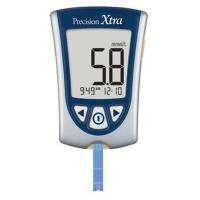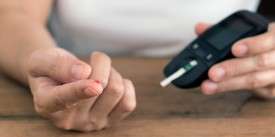
Diabetes and Sleep Problems. Why People with Diabetes Need to See a Sleep DoctorDiabetes and Sleep Problems. Why People with Diabetes Need to See a Sleep Doctor
  © Marcos Calvo Mesa | Dreamstime.com Diabetes and sleep disorders are often connected. Complications of diabetes can indeed affect the quality of sleep, but it’s also important to keep in mind that poor sleep can also have repercussions on glycemic control. Multiple studies have shown that reducing sleep time is associated with an increased risk of developing diabetes. For example, it has been demonstrated that sleeping less than six hours per night is enough to increase the risk of type 2 diabetes by 28%. Moreover, for people who have been already diagnosed with diabetes, sleep disorders become much more common than in people who don’t have diabetes. Whether you’ve been diagnosed with type 1 or type 2 diabetes, seeing a sleep doctor can improve the qualityof your sleep and, as a result, your quality of life. Here are some of the ways a sleep doctor can help people with diabetes. 1. Sleep apnea syndrome Sleep apnea syndrome is particularly common in individuals who have been diagnosed with type 2 diabetes. This disorder is characterized by snoring and breathing stops during sleep, which lead to micro-awakenings. Sleep apnea is made worse by excess weight. The appearance of fatty deposits along the pharynx may cause the narrowing of the airways and a reduction in the volume of the respiratory tract. Seeing a sleep doctor to get advice and treatment for sleep apnea is essential because waking up multiple times during the night can make you feel tired all the time, which may result in depression and an overall deterioration of your mental health. 2. Restless leg syndrome Restless leg syndrome is common in both type 1 and type 2 diabetes. This is a disorder linked to a complication of diabetes, diabetic neuropathy, which is related to damage to the nerves. The main symptom of restless leg syndrome is an overwhelming urge to move the legs and it can also cause a creeping or crawling sensation in the thighs, calves or feet. Since the sensation is typically worse at night, it can disrupt sleep, which can leave you feel tired. Seeing a sleep doctor about restless leg syndrome is essential because they can advise you about improving your bedtime ritual and offer tips about sleeping regular hours. If the symptoms are severe, you may also need medication. 3. Insomnia linked to nocturnal hypoglycemia Insomnia often occurs in patients with type 1 diabetes, and it’s typically caused by nocturnal hypoglycemia. If the dose of insulin administered to the patient is too high, this can result in a drop in the blood glucose levels, so the brain will perceive this as a signal to get up and eat. A visit to a sleep doctor can help you understand how to deal with insomnia linked to nocturnal hypoglycemia. This way, you’ll be able to prevent sudden drops in blood sugar that disturb your sleep patterns. 4. Try cognitive behavioral therapy In addition to controlling blood sugar levels, cognitive behavioral therapy (CBT)can be effective in managing insomnia and pain. Your sleep doctor can suggest this type of therapy if you’re reporting classic symptoms of sleep apnea, including partner-reported apnea, loud snoring, daytime sleepiness, high blood pressure resistant to treatment. 5. Help with daytime tiredness Many patients who have been diagnosed with type 1 or type 2 diabetes experience daytime tiredness and a feeling of lethargy after meals. If you are dealing with one or both these issues, consulting a sleep doctor can help you understand the correlation between the feelings of tiredness and your blood sugar levels. If you are taking insulin, lethargy and tiredness could be a result of low blood sugar, so your sleep doctor may recommend extra blood sugar tests and come up with a treatment plan that you can follow to relieve the symptoms. Daytime fatigue can quickly diminish your quality of life, so a sleep specialist can help you by designing a treatment program that’s specifically tailored for you. Bottom Line Your blood sugar control can affect your sleep, but it’s important to remember that sleep can affect the blood sugar levels, too. If you experience difficulty getting a good night’s sleep as a person with diabetes, this could be down to multiple reasons, including sleep apnea, being overweight, high blood sugar, hypos at night and signs of neuropathy. Consulting a sleep doctor is essential if you experience any of these sleep problems. Your doctor can recommend sleep aids, conduct a sleep study, prescribe a treatment, and advise you on how to get better sleep.
| |||||||||||||||||||||||||




























